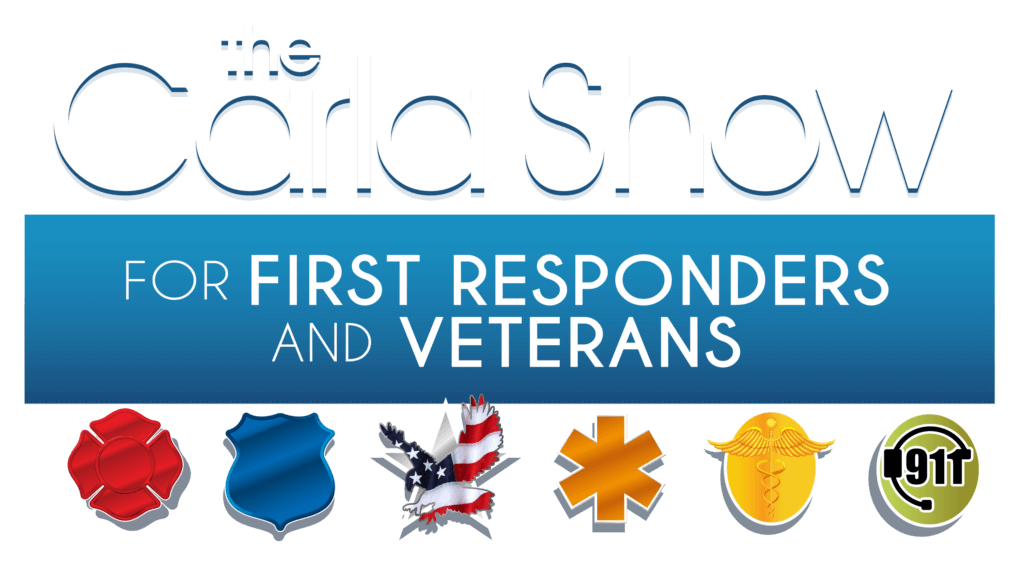
There are three proven solutions that work for PTSD/PTSI treatment: 1) Mental Health Care Training, 2) Education, and 3) Peer Support.
Retired Fire Captain and U.S. Navy veteran, Steve Demartin, shared with me during our recorded interview together, “It would be a very special thing as first responders to save our own lives by having better awareness of PTSD/PTSI. We’ve lost several people in the department and one just recently committed suicide because of the issues they were having. They just didn’t get the right help. It was completely terrible! I have come to realize that someone affected with PTSD/PTSI is probably not able to see or understand what is happening and, because of that, they are not able to have a good conversation with their spouse, family, or co-workers. It is next to impossible for them to say, 'Hey, I need some help,' because they are not aware of the symptoms they have, what they mean, or that there is help out there. It shows an obvious issue that we as first responders are not seeking to know and understand what is happening to us. It just happens and we roll with it. And when our families become used to us being troubled, that is an issue that speaks volumes to 1) how adaptive first responders and their families can be, and 2) it increases the chances that we will not get help for PTSD/PTSI when we need it, because our family members and others are just so used to us being the way we are.”
Then, in May of 2019, Steve reported, "After this interview aired in 2016, it has been used as mandatory first responder PTSD/PTSI training by departments annually. In yet another successful story, I recently ran into a bunch of firemen from other departments. One guy pulled me aside and said that your video has changed the lives of at least 10 firefighters he knows. We talked at length about awareness and how it benefited people in the business. Your video has made a huge impact and so many lives of our firefighters have been saved. Incredible! You can now say that you have saved lives! Fine work, Carla!"
You may view my interview with Steve right here >>>
Because of these ground-breaking results, I have launched a national PTSD/PTSI training program called The Carla Show for First Responders and Veterans. It is accessible to you and your family online and offers critical information you need with no risk to your career. I am tackling seldom discussed questions first responders and veterans all over America have asked me, such as:
- Is PTSD/PTSI really an issue for first responders and veterans?
- How do I know if I am suffering from PTSD/PTSI? Do I have any of the 40 symptoms?
- After a traumatic exposure to a stressful scene, what should I do?
- What is the best method for me to get help?
- Does therapy work? Should I try EAP first?
- What are some possible negative results of being diagnosed with PTSD/PTSI? Is my career and ability to get promoted in jeopardy?
- Can my PTSD/PTSI symptoms be cured?
- If a co-worker exhibits symptoms of PTSD/PTSI but refuses to talk about it, what steps can I take to help?
- What can I expect from a PTSD/PTSI therapy session? Can it be confidential, or will someone within the chain of command have access to all of my secrets?
- Can I prevent myself from developing PTSD/PTSI after a traumatic event?
I would like to have you as a guest on my show. I need your help to save lives.
Our target audience of professionals, who are just like you and within your specific career field, would be interested in your work-related experiences, your symptoms, your peer-to-peer communication, and your valuable insights. As a clinical therapist, I 100% guarantee protection of your anonymity if you choose to appear anonymously. In that circumstance, your voice and identity will be completely disguised. Your interview will be recorded only in an audio format (not video) and is typically 45 minutes in length. It is conducted remotely from the comfort and privacy of your home via phone.
If you would like additional information or to become a guest on the show, please email me confidentially. I am a confidential resource, I care, and I understand.
I look forward to hearing from you!
Thank you.
